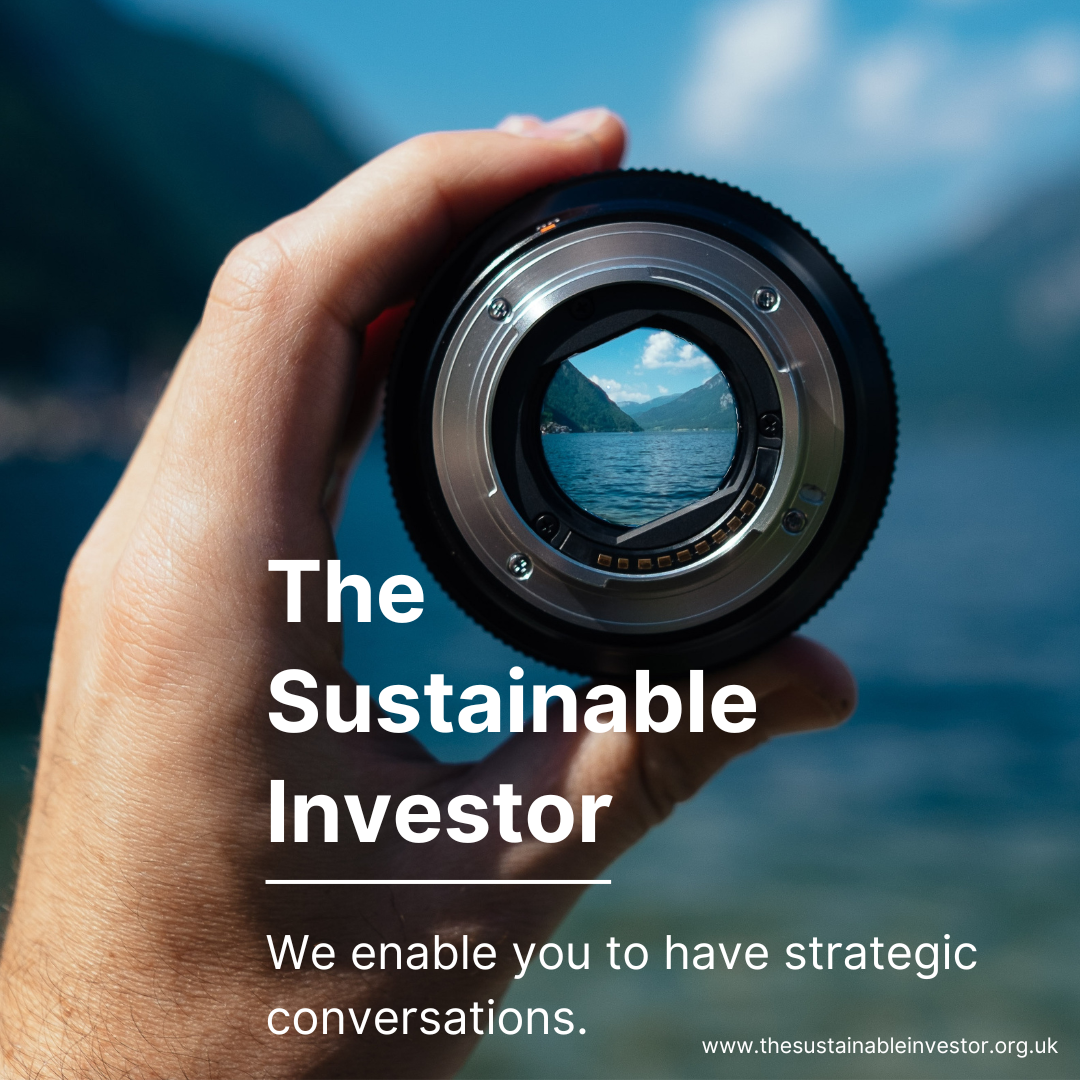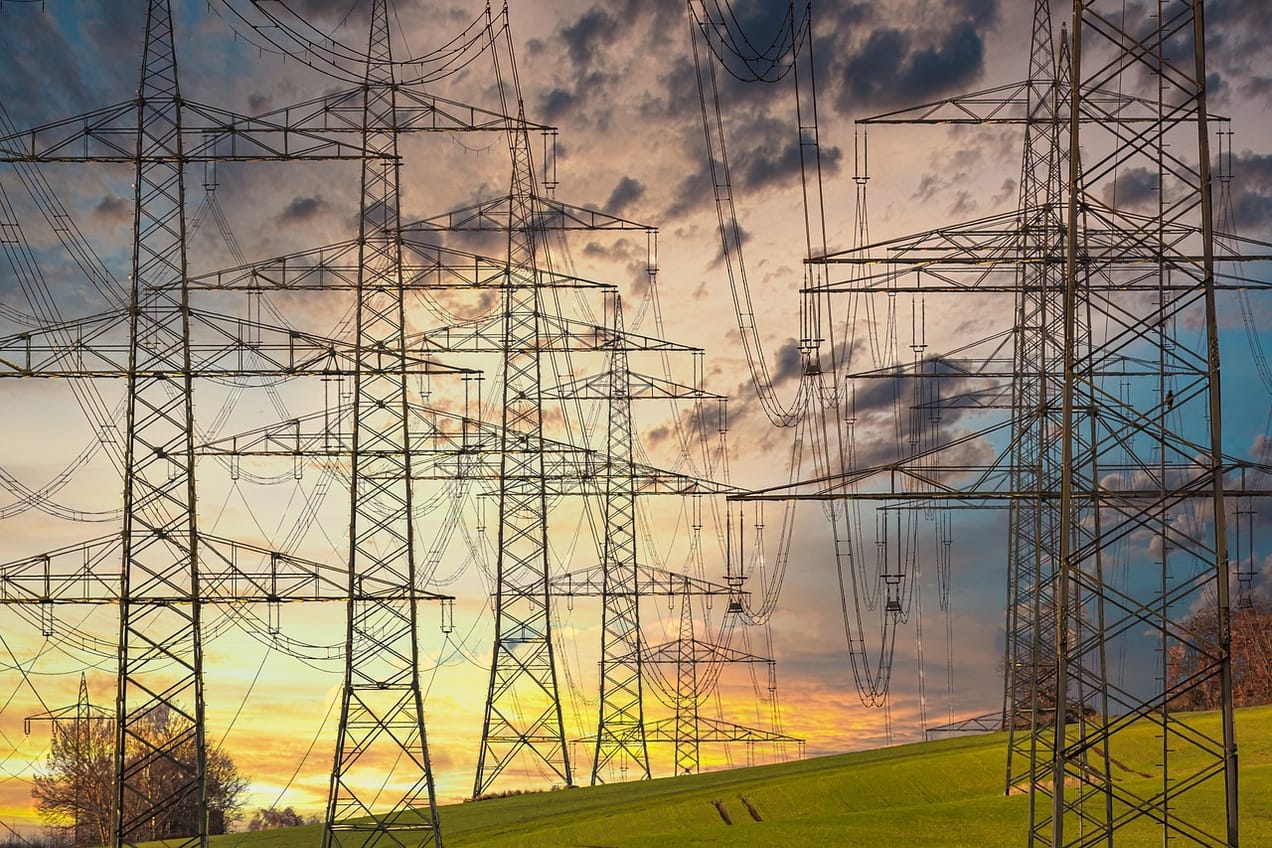
Avoiding blackouts with 100% renewable grids
The consensus conclusion seems to be that most countries could get to c. 70% renewables “fairly easily”, but the last 10-30% is technically possible but the costs could be prohibitive.
Summary: For some, visions of a future powered by clean, renewable energy are clouded by fears of blackouts driven by intermittent electricity supplies. While these fears seem to be misplaced, we need to be realistic about both delivering 100% renewables (tough), and the cost (we need lots of storage, grid stability investment etc).
Why this is important: We need to prepare for a grid dominated by renewable generation, and because of the time it will take to set up new systems and to build the required infrastructure, we need to start now. We need to move away from "just" talking about building more renewables, to also talk about demand management, interconnectors, battery storage and grid resilience and stability.
The big theme: As the percentage of renewable electricity generation on the grid increases, the way we store and use electricity will need to change and change dramatically. This will be a massive disruption to the existing system. From an investing perspective, as well as the obvious question as to how big will wind and solar become, there is a much more interesting question - what supporting investments will we need to make to allow the electricity grid to run with a higher percentage of renewables. This is going to be a massive investment theme even if we don't hit 100% renewables.
If you are not a member yet, to read this and all of our blogs in full...

The details
Summary of a story from Stanford University
For some, visions of a future powered by clean, renewable energy are clouded by fears of blackouts driven by intermittent electricity supplies. Those fears are misplaced, according to a new Stanford University study that analyses grid stability under multiple scenarios in which wind, water and solar energy resources power 100% of U.S. energy needs for all purposes. The paper, just published in Renewable Energy, finds that an energy system running on wind, water and solar coupled with storage, avoids blackouts, lowers energy requirements and consumer costs, while creating millions of jobs, improving people’s health, and reducing land requirements.
Imagine all cars and trucks were powered with electric motors or hydrogen fuel cells, electric heat pumps replaced gas furnaces and water heaters, and wind turbines and solar panels replaced coal and natural gas power plants. The study envisions those and many more transitions in place across the electricity, transportation, buildings and industrial sectors in the years 2050. The scenario is not as far-fetched as it may seem, according to Jacobson and his co-authors. Wind, water and solar already account for almost 20% of US electricity, and 15 states and territories and more than 180 U.S. cities have enacted policies requiring a virtually all-renewable electricity sector, among other signs of a larger shift to clean, renewable energy.
Let's look at why this is important...
This report is the latest in a string that have examined the question of “can we get to a 100% renewable electricity grid”. Pretty much all of these reports have focused on the US, but the conclusions they have drawn are equally application to other large developed markets such as Europe. The consensus conclusion seems to be that most countries could get to c. 70% renewables “fairly easily”, meaning its both technically and financially possible. For some countries (those blessed with a range of renewable resources) a higher level, maybe as much as 90%, looks achievable. Delivering the last 10-30% (depending on your country) could be technically possible but the costs could be prohibitive, at least based on current technologies and expected cost reductions.
We don’t think its useful to get to tied up in the how big can renewables be debate. As investors, we believe the question needs to be asked in a slightly different way. The question should not be “can we achieve XX% renewables by 2050 (or even 2030)”, it should be “does this analysis change my view as to which activities and technologies offers the best route to delivering the transition we need, while at the same time offering a fair financial return on my capital”. Putting it another way, if the analysis indicates that c. 70% renewables in the electricity generation mix is possible or even probable, what activities, other than building wind & solar, look to be investible.
Pretty much all of the studies we have read support the view that more renewables in the generation mix is going to require materially more battery storage (probably Li Ion – but this is open to debate), a lot more renewable grid connections and interconnectors, and a really material increase in spending on making the electricity grid smarter and more responsive. Plus, we need to put a lot more effort into demand management and energy efficiency.
It’s these areas we think investors should be most focused on, not the debate around is the grid going to be 50%, 70%, 90% or 100% renewables. While investment opportunities in stationary storage batteries, electricity cables, smart grids and demand management/energy efficiency are harder to find than those focused on building more renewables, our analysis suggest it’s here that investors should be looking. It’s these less analysed themes that offer the opportunity that the market is mispricing.
Critics of such a shift have pointed to grid blackouts amid extreme weather events in California during August 2020 and Texas during February 2021 as evidence that renewable electricity can’t be trusted for consistent power. Although in both instances renewable energy was not found to be more vulnerable than other sources, the fear of increased blackouts has remained substantial, according to the researchers, who aimed to evaluate the contention on a larger scale.
Something a little more bespoke?
Get in touch if there is a particular topic you would like us to write on. Just for you.
Contact us
Please read: important legal stuff.

